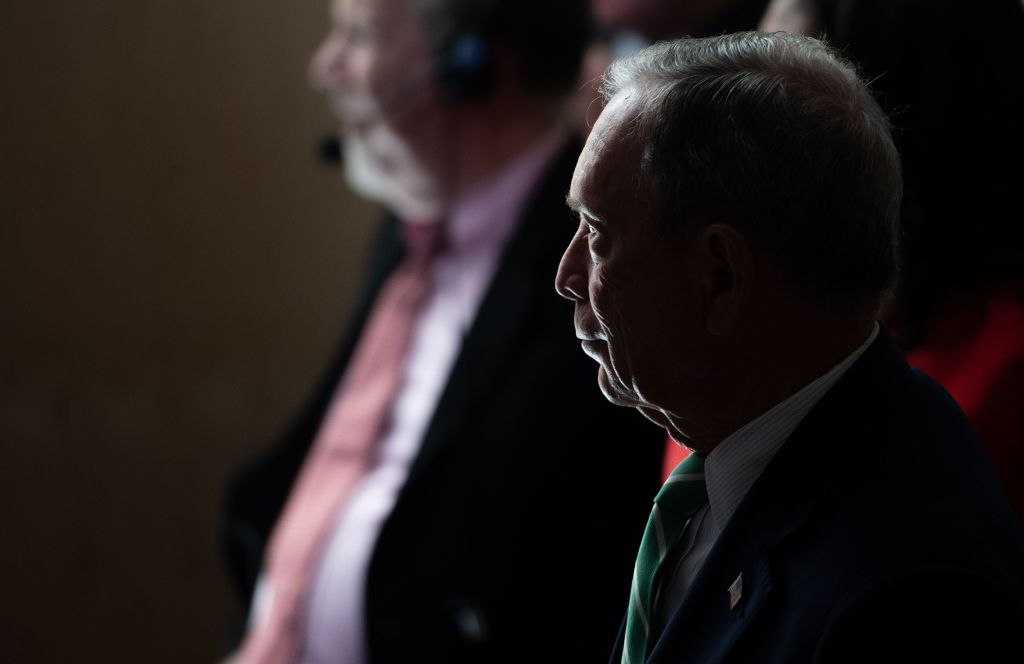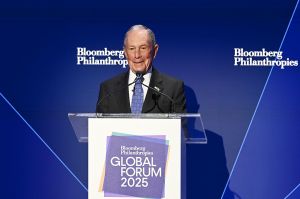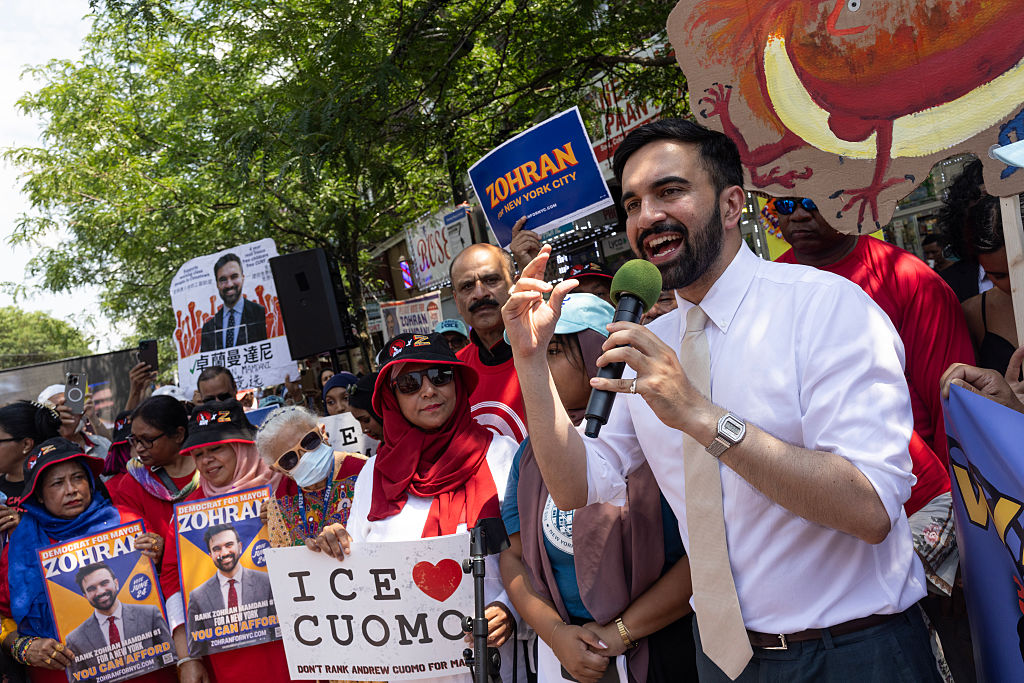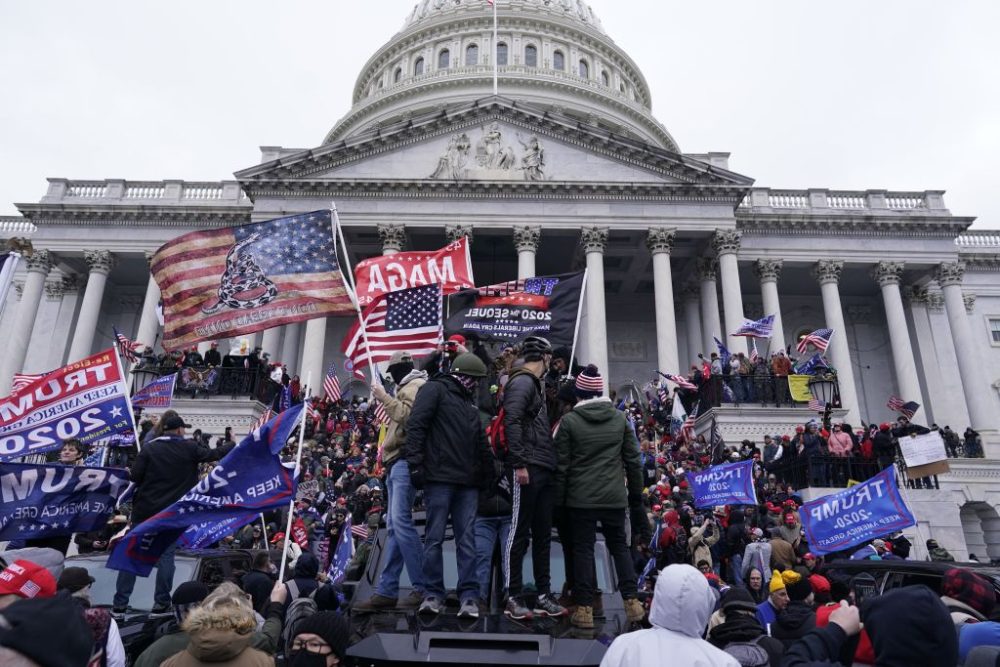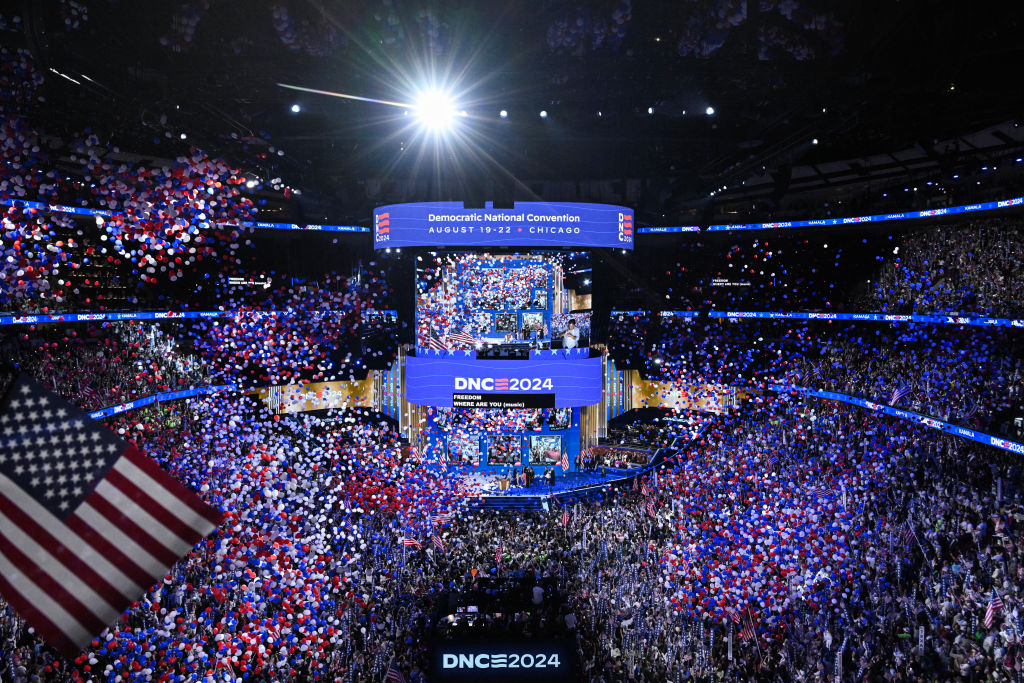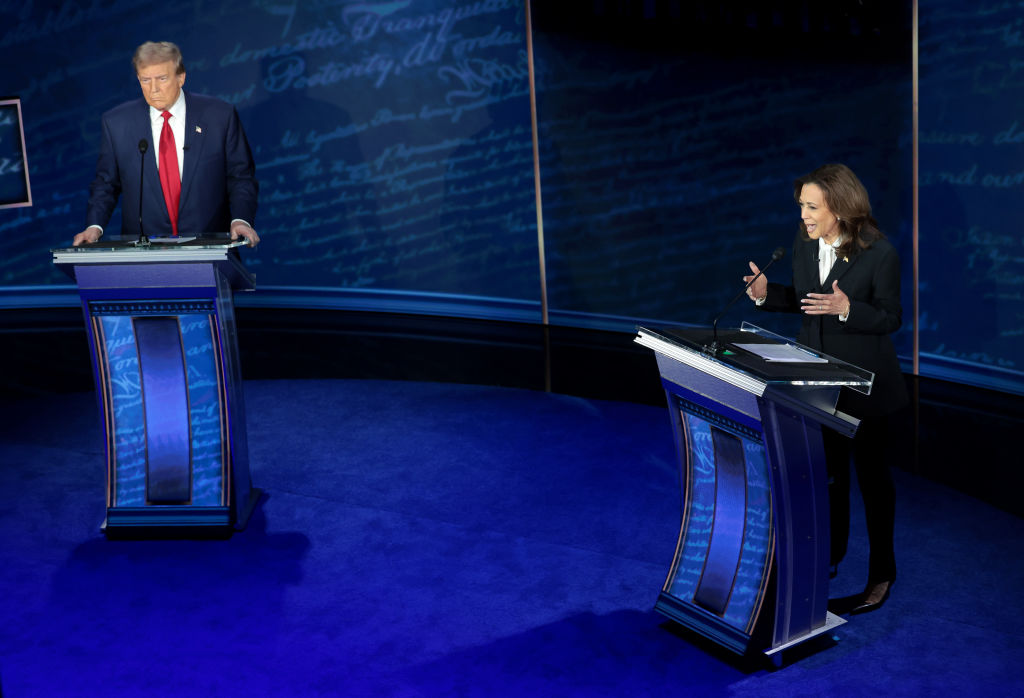So Michael Bloomberg is now officially a Democrat. He started out as a Democrat, became a Republican, then an independent, and now he’s back to being a Democrat. These days, for a Manhattanite worth $52 billion, it’s the logical place to be.
For their part, the Democrats, the erstwhile party of the workers, are happy enough to have him. After all, in 2016, Bloomberg loudly endorsed Hillary Clinton, and this year he has given the Democrats $100 million. And that’s on top of the many millions he has spent to advance liberal causes, notably gun control, climate change — and the dreaded super-sized soda. Still, that’s not the same thing as the Democrats’ being willing to pick him to lead anything — except perhaps their finance committee.
For his part, Bloomberg seems a bit diffident about his new partisan home. In his Instagram post announcing his formal switch, he didn’t exactly make the most fervent case ever; as he wrote, ‘We need Democrats to provide the checks and balance our nation so badly needs.’ That’s the language of managerial balance-wheeling, as opposed to ideological barricade-storming.
Of course, most billionaires don’t yearn to upset the status quo. Indeed, the one plutocrat who did overturn things, Donald Trump, is probably the person Bloomberg disdains the most. From Bloomberg’s point of view, Trump has tossed the golden apple of discord onto the Olympian table, affronting the Davos deities.
And oh yes, by his boldness, Trump got the job — the one in the White House — that Bloomberg has always wanted Poor Bloomberg: He thought that the road to 1600 Pennsylvania Avenue ran through New York’s City Hall, when, in fact, it was always just an escalator ride away.
So now Bloomberg, 76, is once again Hamlet-like in his pondering of a run for the presidency. His best rationale, according to his top would-be campaign aide, is that he is ‘boring.’ Boring, that is, but also competent and centrist.
To be sure, centrist, boring competence has its place. Many Americans would, no doubt, enjoy thinking about something other than the latest frazzling news from Washington.
And there’s a long tradition of low-key managerialism in American politics, often imported from the business world. One thinks, for example, of such past figures as Wendell Willkie, Nelson Rockefeller, and the Romneys, George and Mitt. Some were less boring than others — Rocky, for instance, was personally quite the ham — but they all shared a managerial vision of noblesse oblige benevolence.
In the olden days, a businessman was likely to be a Republican because, of course, the workers were Democrats. Yet these days, the workers are likely to be Republicans, and so the businesspeople, at least the most politically minded of them, tend be Democrats; to the managerial mindset, there’s always the need for balance. Thus we have Bloomberg, as well as another billionaire businessman, Howard Schultz of Starbucks, who is thought to be thinking about running. And let’s not forget John Delaney, a successful tycoon who, having gotten himself elected as a Democratic Congressman from Maryland, has already launched his 2020 bid.
In the meantime, as to the other side, there’s Donald Trump — who’s not about managerial balancing at all. In fact, in his disruptiveness, we might even compare him and his ism, Trumpism, to Margaret Thatcher and Thatcherism. Yes, of course, there are great differences between the two figures in terms of decorum, vocabulary, and basic thinking, and yet at the same time, both Thatcherism and Trumpism have been popular in no small part because of the enemies they made. That is, if the Establishment disliked — okay, loathed — Thatcher and Trump, that was, to their fans, a point in their favour.
Back in her day, the most ardent supporters of Thatcher tended to be New Men, that is, the self-made, of either gender, who were antagonistic to the old order. These were joined by a rising share of blue-collar workers, as well as various intellectuals, most of them on the fringes of conventional wisdom. Today, of course, the same is true for Trump.
So it’s little wonder that Thatcherism and Trumpism have been so abhorred in haute precincts. This Yank observer still recalls Harold Macmillan, that honorable warden of the old guard, denouncing Thatcher during the time of the 1984-85 coal strike for summoning up ‘a new kind of wicked hatred.’ That harsh language would be suitable for a member of today’s anti-Trump #Resistance.
There’s no evidence that Bloomberg is capable of that sort of rhetorical flight, at least on a campaign-sustaining basis; it’s simply not the Bloomberg style — he does, after all, still have a business to run.
So most likely, the Bloomberg boomlet will mostly be a boon to the bank accounts of politicos and gig-economy placard-wavers. Yet still, managerialists have won in the past, and that $52 billion isn’t beanbag.
James P. Pinkerton served in the White House of Presidents Ronald Reagan and George H. W. Bush.



